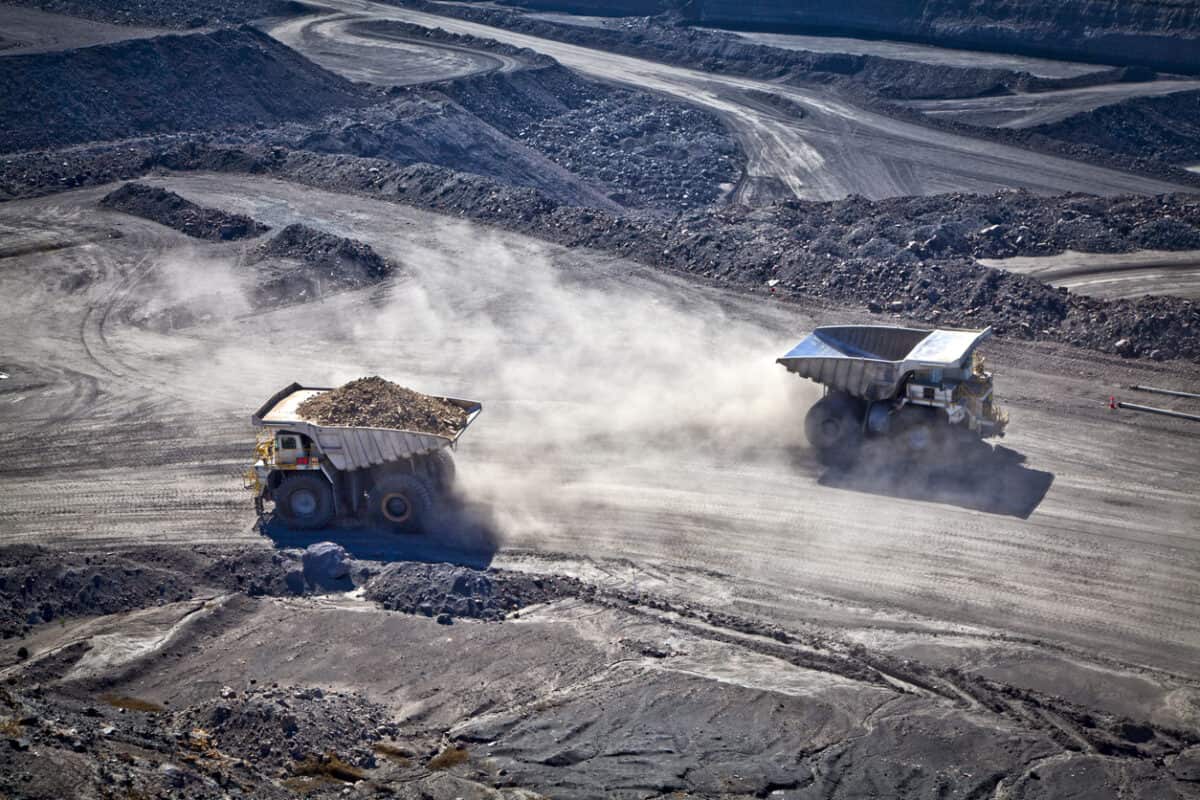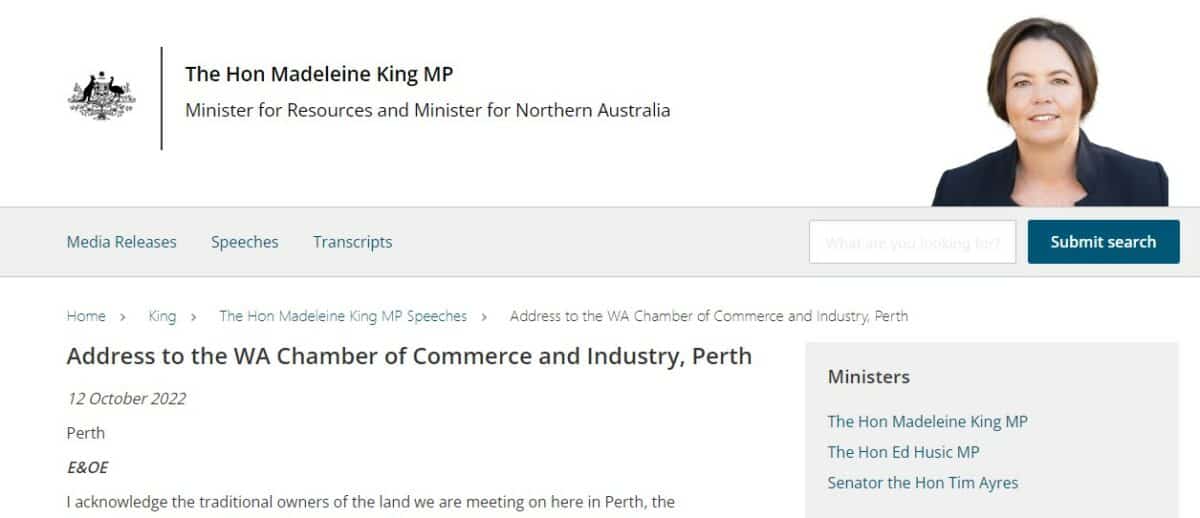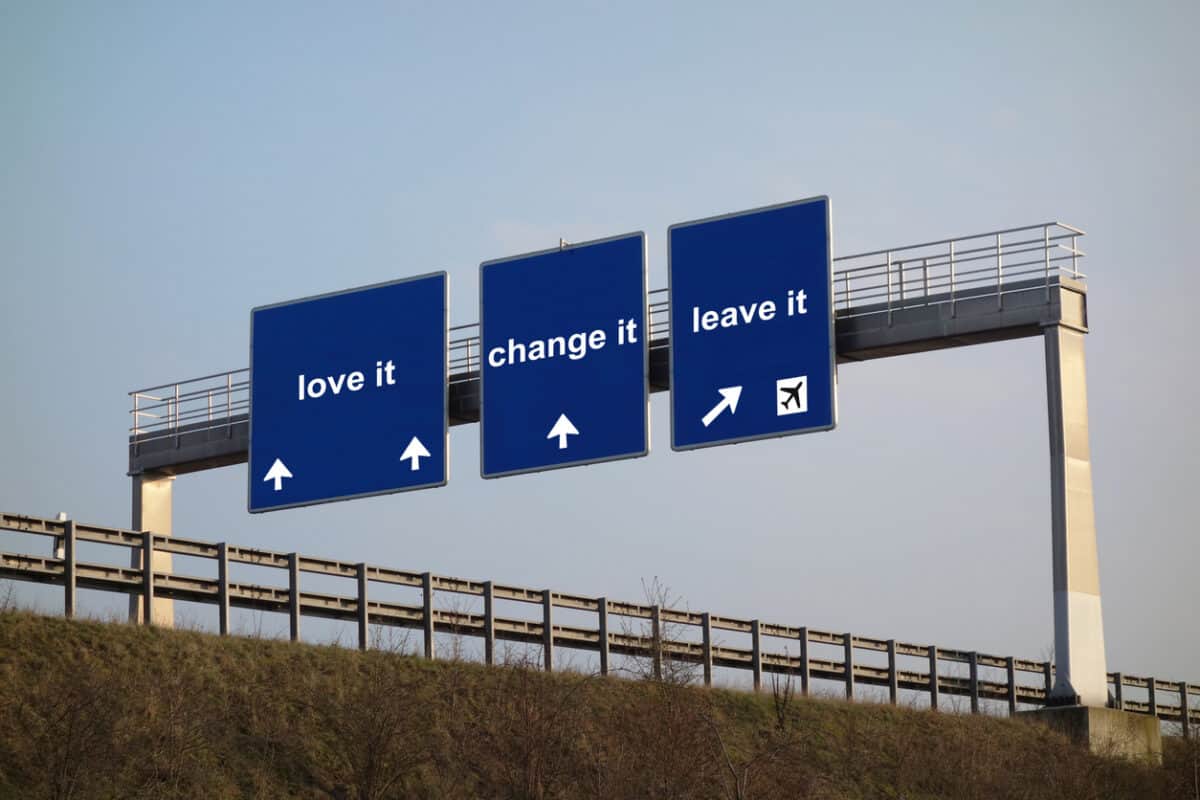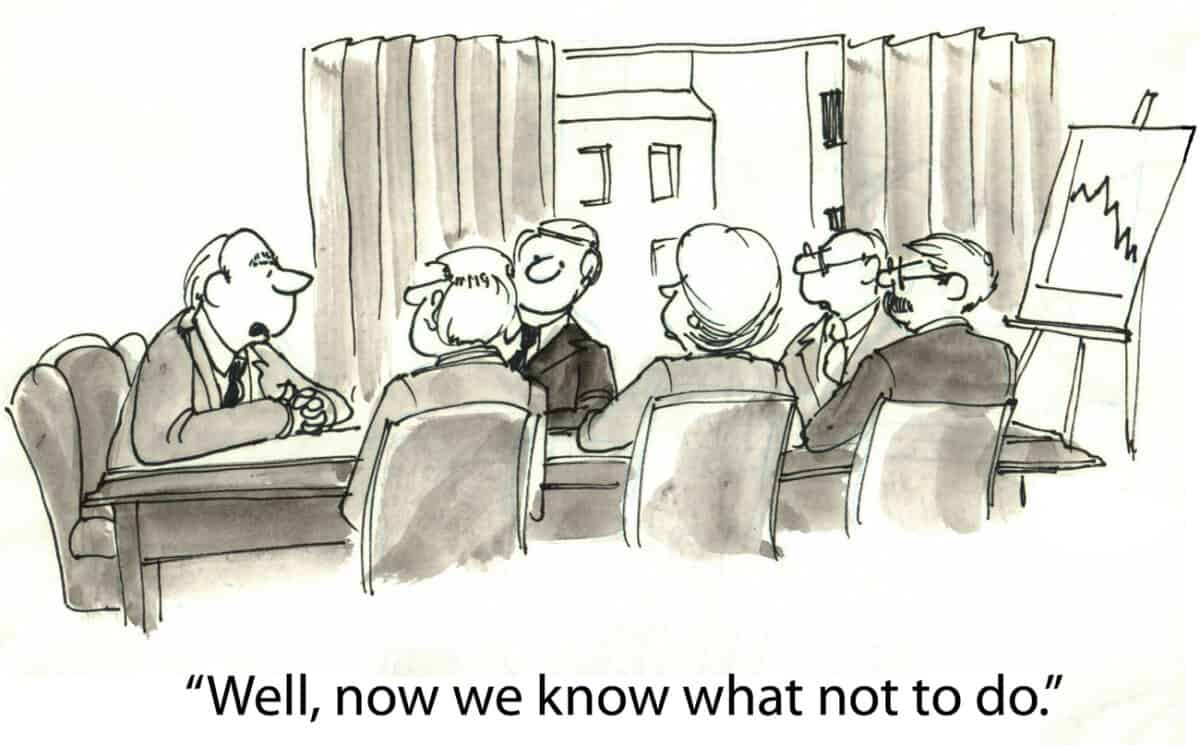Oz Minerals Managing Director Andrew Cole is reported in today’s Australian Financial Review (paywalled) saying:
“.. there had also been an ‘‘unacceptable’’ trend in workplace safety during the past three months at the mines, but he was confident the trend had stabilised.”
This is likely to have come from the company’s September 2022 Quarterly Report and webcast released yesterday.
The company’s one-day “stop” for safety consultation is admirable, but some of the discussion reported in other media implies that an older-style attitude to worker safety persists.







